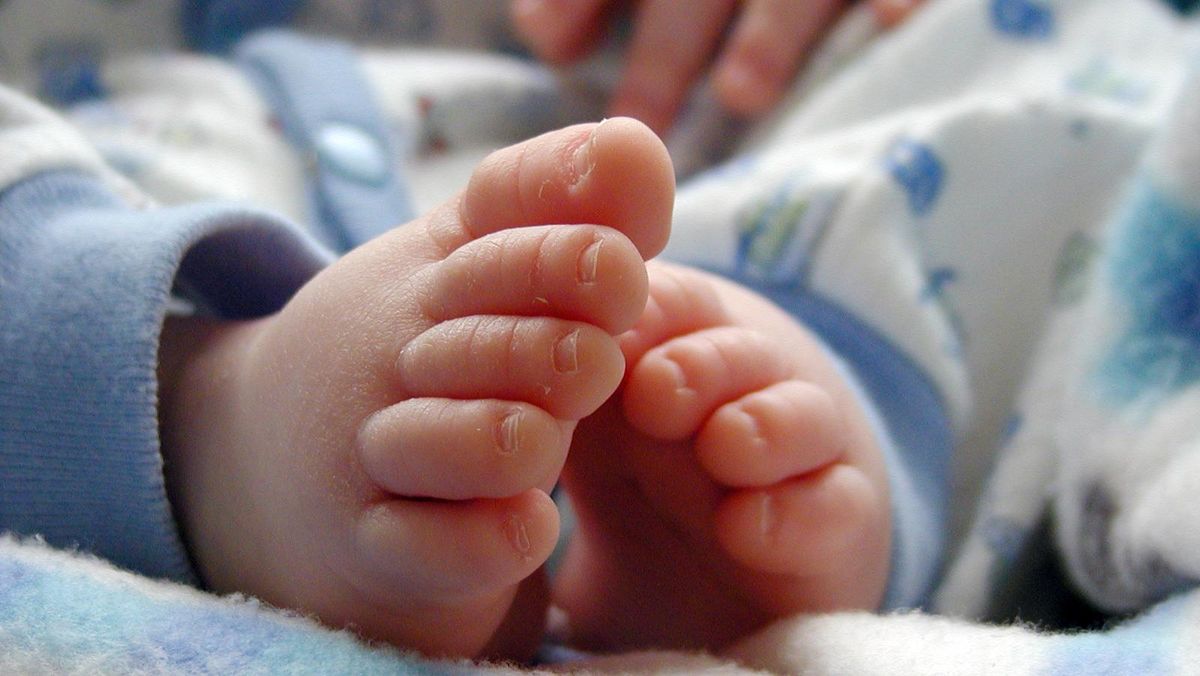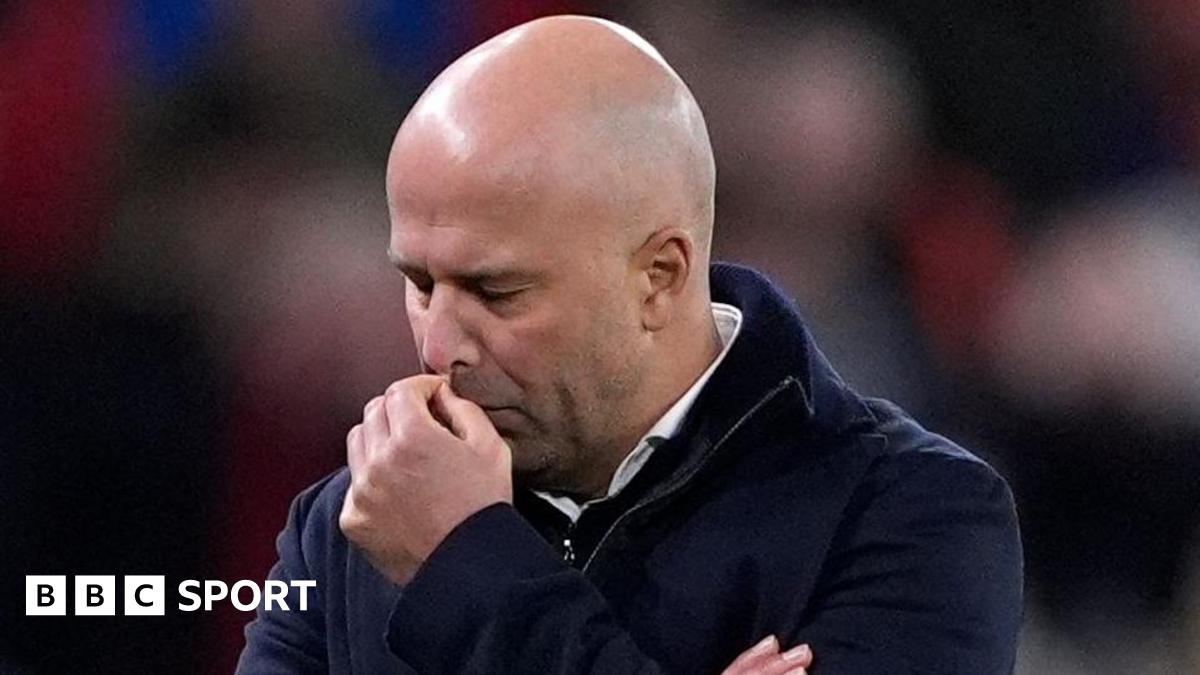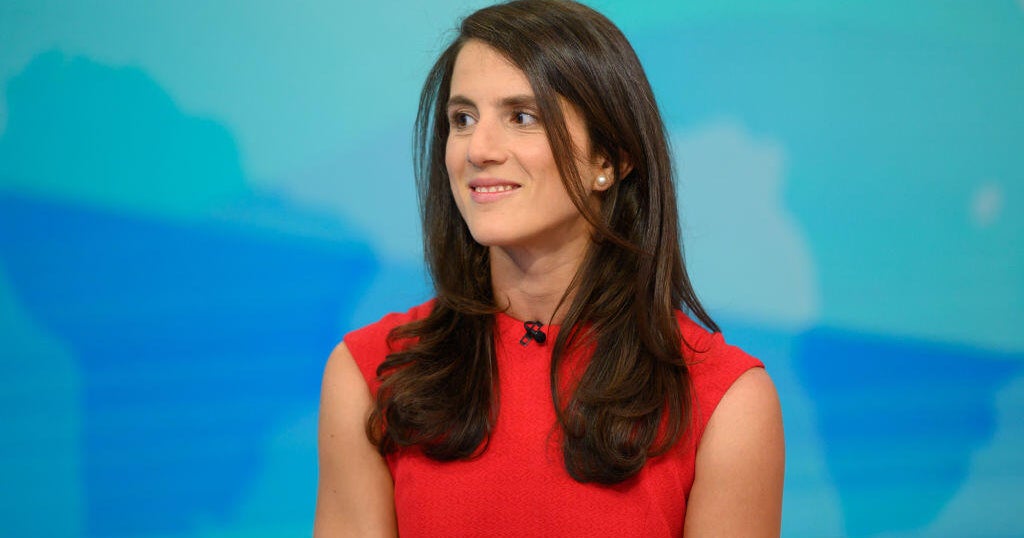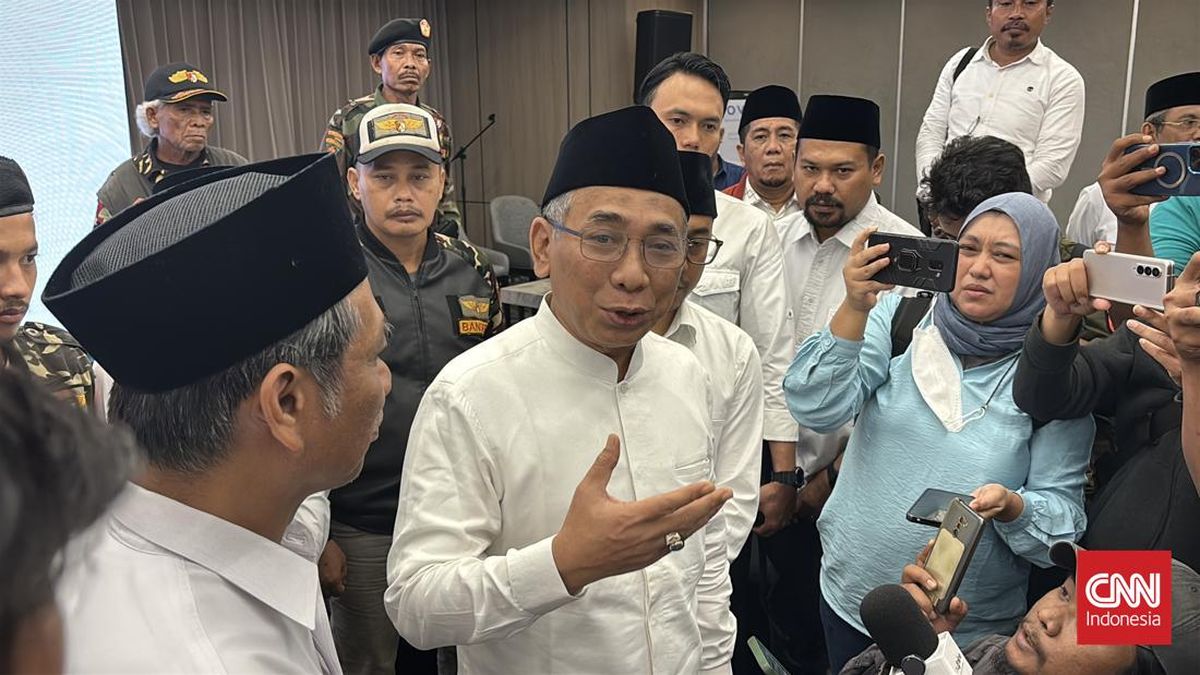Like all Australian governments for decades, the Albanese government has considered itself a friend of Israel. But Benjamin Netanyahu’s callous mistreatment of Palestinians finally has gone too far.
Twenty months ago, it was impossible for civilised, fair-minded societies not to sympathise with Israeli victims of Hamas’ atrocities. Today it is impossible for civilised, fair-minded societies not to sympathise with Palestinian victims of Netanyahu’s atrocities.
His regime’s wilful blindness to its starving of Palestinian children proved to be the last straw for many. Even Donald Trump openly contradicted Netanyahu this week by calling it real starvation: “You can’t fake that,” said the US president.

Prime Minister Anthony Albanese is weighing up formal recognition of a Palestinian state.Credit: Matthew Davidson
Prime Minister Anthony Albanese has signalled that Australia is prepared to alienate Netanyahu by moving towards giving full diplomatic recognition to a state called Palestine. “It’s a very historic shift,” observes Amin Saikal, professor emeritus of Middle Eastern studies at ANU.
Not hastily or impetuously. The government is acting with the same circumspection that has become its hallmark. It’s been weighing recognition since Penny Wong said so in April last year. The Albanese cabinet has canvassed the issue extensively.
First, it’s moving in careful step with the rising Australian public sympathy for Palestinian civilians.
One indicator. Late last year, half of Australia wanted Israel to end its military assaults in Gaza. By this week, that had surged to two-thirds, according to Essential polling.
Second, it waited until the Palestinian Authority had announced its own self-reform agenda. This was designed to make itself a more acceptable candidate for statehood.
It included a call for the release of remaining hostages held by Hamas, a demand that Hamas disarm, a commitment to a demilitarised Palestinian state and a promise to hold elections within a year to allow “generational renewal” of the Palestinian Authority itself.
Third, Albanese waited until France and Saudi Arabia had convened a large group of nations – including the EU and the Arab League - to try creating preconditions for negotiations towards a two-state outcome.

US President Donald Trump is crucial to whether recognition of Palestine makes a difference to the Middle East. Credit: Getty Images
Notably, all 22 countries in the Arab League for the first time put pressure on Hamas. The league collectively condemned the Hamas attack on Israel on October 7, 2023, demanded that Hamas disarm, and insisted that Hamas relinquish control of Gaza to the Palestinian Authority.
This Franco-Saudi-led group also proposed a temporary “stabilisation” mission. Crucially, some of the countries offered to supply troops for such a mission, which was predicated on a UN mandate.
Fourth, the Albanese government is moving in company with a range of other countries, including ones considered like-minded. In the past week, France, Britain and Canada have announced their intention to recognise a Palestinian state, possibly at the UN General Assembly meeting in September.
Third, Albanese put conditions on Australian recognition. As did the British and the Canadians. The British, for instance, said they’d only move on it if Netanyahu failed to declare a ceasefire in Gaza.
In the case of Australia and Canada, they signed a 15-nation letter on Wednesday swearing commitment to a two-state solution “where two democratic states” live side by side in peace.
Loading
This so-called “New York call” group of countries, including New Zealand, stipulated that Gaza and the West Bank be unified under Palestinian Authority rule, and demanded that Hamas be excluded from any governance. They also called on all nations to establish relations with Israel.
Wong said that the countries were trying to “work out what we can each do to break the cycle of violence that is consuming the Middle East”.
Albanese has made clear that Australia is not set on any particular deadline, but will try to use recognition to maximum effect for peace. Over decades, a total of 147 countries have recognised a Palestinian state. Will the remaining few make any practical difference?
“Ultimately, it will depend on US support,” says Saikal. “If the US doesn’t come in, Israel can afford to ignore all the pressure.”
Otherwise, “it’s basically an expression of outrage towards Israel”. Or, as an Australian official confided, recognition would amount to “warm regards from Australia” to the Palestinians.
The Coalition continues to defend the Netanyahu position, which is not the position of the Israeli people. Most Israelis want the killing in Gaza to end. And, contrary to popular impressions, most Israelis are prepared to accept a Palestinian state in the right conditions.
A poll in May found that 75 per cent Israelis “would support or accept recognition of a ‘Palestinian state’ in the context of a regional normalisation deal with full diplomatic, economic, and security cooperation with Saudi Arabia and the Arab world”, reports the Times of Israel.
Most Viewed in Politics
Loading


















































